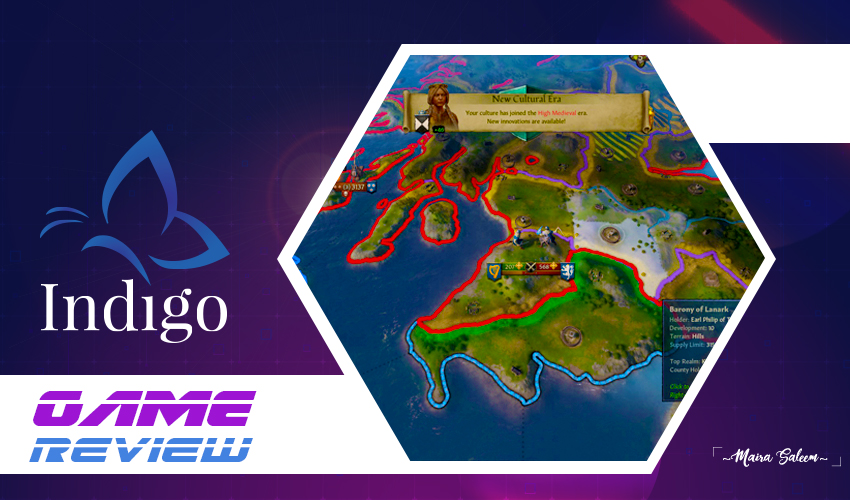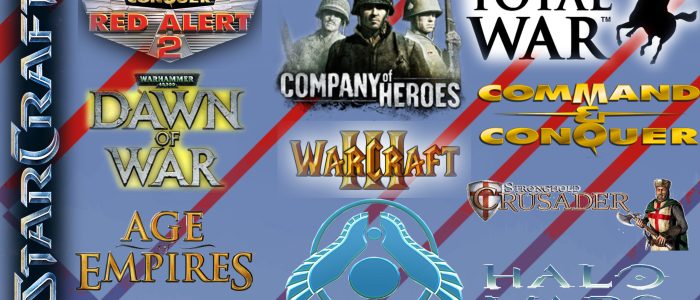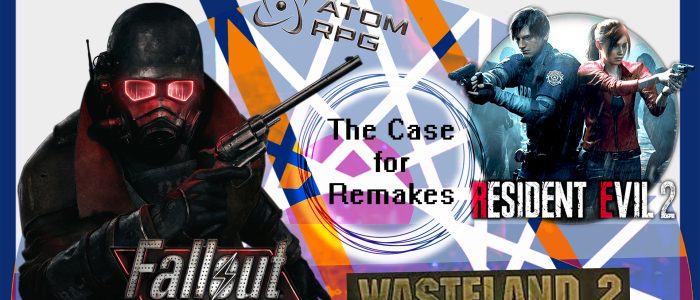Review Round-up: Crusader Kings III

Review Round-up: Crusader Kings III
These reviews have been complied from IGN, PCGamer and Rockpapershotgun
Crusader Kings III’s story starts from Empress Hamam. She has gained and struggled a lot in her 71 years. Emerging from a small tribe, she restored the organized worship of the ancient Egyptian gods and cemented the rule of a new pharaonic dynasty in the medieval Nile Valley, finally ending centuries of foreign rule. Her 12 children were her hope of life, some of whom would go on to rule in their own right. Raising her kids was quite stressful for her which led her to have a habit of drinking and a taste for elaborate feasts, ultimately ingratiating her in the eyes of her more revelrous subjects even further. This is just one of the countless human stories that are offered in Crusader Kings 3. And its marriage of the personal and the political, the grand and the intimate, is nothing short of glorious
CKIII’S journey starts in 1066 AD, although 867 AD is also available. The Holy Roman Empire is about as massive and complex as anything gets in the world of CK3. The game would also let the players get embroiled in all the classic medieval misadventures: popes and heresies, interdynastic marriages, kinslaying, tons of baffling succession crises, and of course the crusades themselves, plus a whole salad buffet of sordid mitteleuropean border wars.
Crusader Kings is a series about how individual characters and their actions create the history and the third part has been made in a way which makes this process more intriguing. Crusader Kings III has drama, dynastic feuds, and marriage alliances which reveal the ultimate game strategy of constructing castles, researching technology, and waging wars. The game offers a lot of options ranging from a personal fight between two rulers resulting into a bloodbath to a well-planned betrothal which can forge a mighty alliance and eventually uniting kingdoms under one crown. The game is about handling people and time which makes it more memorable.
Crusader Kings III gives a lot more than its predecessor. Its has dynasty mechanic, the skill-tree-growing lifestyle system, which is borrowed from part II, and also includes customisable faiths and a lot of smaller new features.
The combat structure is better than CK2’s. All the fiddliness is gone, now. Getting all the lads together for a rampage involves so much less clicking than it used to, and you can have your full hordes muster anywhere you like by setting a rally point. Navies have been binned, but that’s good riddance for convenience’s sake.
The concealment of stress is the highlighting part of the game. Stress is an important statistic of the character which is affected by a number of actions. Accumulating too much stress leads to a mental break and the game thus offers a different options to deal with it.
The graphics are generally clean and well-organized, using a dusky but vibrant color palette that’s easy to look at and feels decidedly medieval without giving a gloomy feel. Hand-painted backgrounds on events and character pages enhance the atmosphere and sense of place, from a chieftain’s smoky tent on the Eurasian steppe to a Sultan’s elaborate, ostentatious palace grounds. It can get a little busy at times, though, due to the fact that Crusader Kings 3 seemingly wants to avoid overlapping menus as much as possible. The intrigue screen shoves everything that’s normally along the right hand side over to the left instead of covering it up. If you have a lot of menus and notifications going on at once, you can be left with what feels like basically a postage stamp of the map left to peer at and it sometimes made me feel very claustrophobic. Too much information at a glance can be a bad thing, so you have to learn to manage it.
The game also has bugs. Most of them were experienced when playing Estonian run. In which case, it’s no surprise that edge cases involving Baltic giantfuckers will run into more wrinkles in the game’s fabric. Still, there was nothing catastrophic, and a lot of what were to be thought as bugs well turned out to be features involving rules.
Paradox Development Studio gives a new height to the game’s soundtrack and sound design. Ambient sounds like a bustling market or the clash of swords in battle at the lowest zoom levels are crisp, layered, and effective at reinforcing that sense of place. Each track is superb and effective whether it be a serene and ambient bed of strings or the bombastic, energetic contextual stings that play when you declare war or being a crusade. Even little things like the clicky feedback noises you get from clicking on menu options are great. Subtleties like that can go a long way.
We have only discussed some of the main highlights of the game, however, Crusader Kings III has a lot more to offer. All of the engrossingly flawed characters and stories of love, war, triumph, and loss felt like just the beginning of something legendary. The game has an irrepressible story engine that spits out a constant stream of compelling alt-histories, delightfully infuriating characters and social puzzles. The game lets the player to be in motion always but also never ventures far out of its comfort zone. The most enduring parts of Crusader Kings III have been brought to the front in this part making the sequence more sensible.




